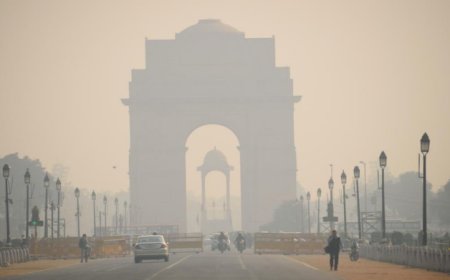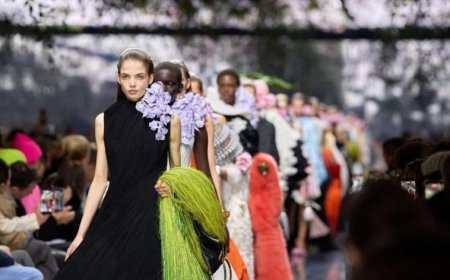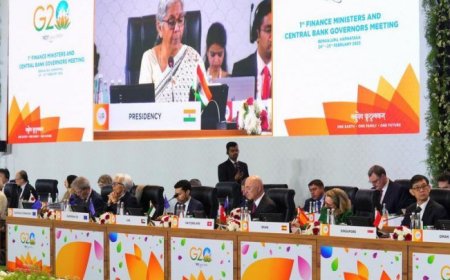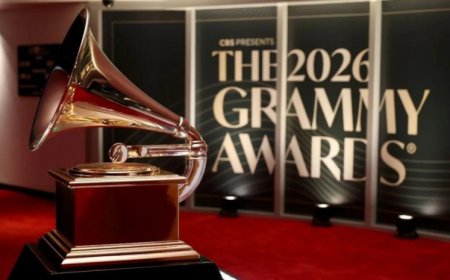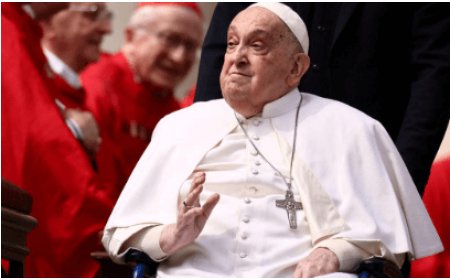Busking Ban in Leicester Square: Westminster Council has banned street performances in Leicester Square due to noise complaints
Busking Ban in Leicester Square: Westminster Council has banned street performances in Leicester Square due to noise complaints

Street performers in London’s iconic Leicester Square have been dealt a significant blow as Westminster Council officially implemented a ban on busking in the area, citing persistent noise complaints from local residents and businesses.
This decision has sparked widespread debate, marking the end of a cultural tradition that has long been woven into the fabric of the bustling entertainment district. For years, Leicester Square has been a magnet not only for tourists but also for musicians, magicians, living statues, and other entertainers who brought energy and creativity to the space.
The ban follows months of tension between performers and the council, with complaints centering around excessive volume, crowd control issues, and disruptions to nearby theaters and shops. Westminster Council stated that despite previous attempts to regulate street performance through licensing schemes and designated performance times, the problems had persisted, prompting the need for more decisive action. According to officials, the volume of amplification used by some performers frequently exceeded acceptable levels, impacting both residential quality of life and the operations of local businesses.
For many performers, this decision is seen as the loss of a vital public stage. Leicester Square has traditionally served as a launchpad for aspiring artists hoping to gain exposure, test their material, or earn a living through public support. Street performance, or busking, has deep historical roots in London and forms a significant part of the city's informal artistic ecosystem. The square’s central location and heavy foot traffic made it one of the most sought-after spots in the city, particularly for entertainers hoping to connect with an international audience.
The move has been met with disappointment and frustration from the busking community. Many artists argue that the council’s decision is too heavy-handed and that alternative solutions—such as better enforcement of volume restrictions or clearer scheduling policies—could have addressed the concerns without shutting down performances altogether. Several performers have pointed out that Leicester Square’s vibrancy is part of what makes it unique and that street entertainment contributes significantly to the atmosphere and tourism appeal of the area.
Some Londoners, particularly longtime residents and workers in the area, have expressed support for the ban. They argue that constant noise, particularly from amplified acts, made it difficult to conduct business or enjoy a peaceful moment in the square. Theater operators also reported that sound from the streets would sometimes disrupt performances or rehearsals. Additionally, shop owners noted that large crowds gathering around buskers could block storefronts and deter customers.
Nonetheless, the cultural impact of the ban cannot be overlooked. The loss of one of the city’s most iconic performance spots has prompted calls for a broader discussion on the future of street performance in London. Arts advocates and public space campaigners are urging the council to reconsider or explore the possibility of reinstating busking under stricter but fairer guidelines. Many argue that the answer lies in balancing creative expression with community concerns rather than eliminating one to solve the other.
In response to public reaction, Westminster Council has stated that it remains committed to supporting street performance elsewhere in the borough, where it does not cause disruptions. The council claims it will work with performers to identify alternative locations for busking that are more suited to accommodating amplified music and large audiences. However, critics remain skeptical, suggesting that few locations offer the same visibility and atmosphere as Leicester Square, and fear the move could trigger similar bans in other high-profile areas.
The implications extend beyond Leicester Square itself. Performers worry that the decision sets a precedent that could endanger other informal performance spaces around London and across the UK. Some have already begun organizing petitions and public demonstrations, calling on the council to reverse its decision or at least allow performances that meet stricter acoustic and time-based restrictions. For them, the right to perform in public spaces is not just about earning income—it's about maintaining the city’s reputation as a hub of free artistic expression.
Cultural historians note that London’s streets have long been a canvas for creative expression, from Shakespearean actors performing in public squares centuries ago to modern-day musicians shaping trends in real time. The Leicester Square ban is seen by many as a curtailment of this legacy. While formal venues remain critical to London’s arts scene, public spaces offer unique accessibility—for both performers and audiences—that can’t be replicated inside ticketed halls.
As the city continues to recover from the effects of the COVID-19 pandemic, the debate also highlights broader tensions over how public spaces should be used, who has the right to access them, and what kinds of cultural expression are considered acceptable. Buskers argue that in a time of rising living costs and limited opportunities for emerging artists, preserving public platforms is more important than ever.
While the fate of Leicester Square’s street performers may now be sealed under the current ban, the discussion surrounding the role of public art in urban life is far from over. Advocates continue to push for policies that protect both the quality of life for residents and the creative freedoms of artists. Whether through compromise, policy revision, or community dialogue, many hope a path forward can be found that allows Leicester Square—and similar iconic spaces—to remain vibrant centers of culture, performance, and public interaction.




